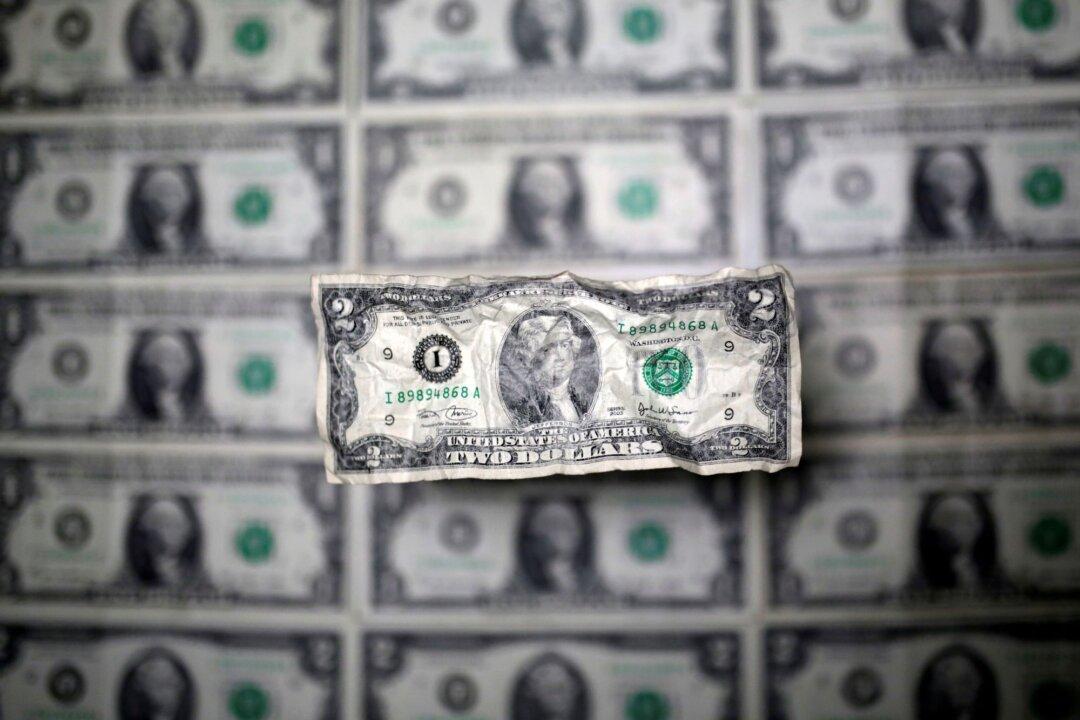U.S. consumers felt more confident in July, with expectations over the near-term future unexpectedly rebounding, although lingering concerns over inflation and increased borrowing costs remain, according to a new survey by The Conference Board.
The business research group said its consumer confidence index—which measures how optimistic or pessimistic U.S. consumers are about current and future economic conditions—rose to 100.3 in July from a downwardly revised 97.8 in June.




